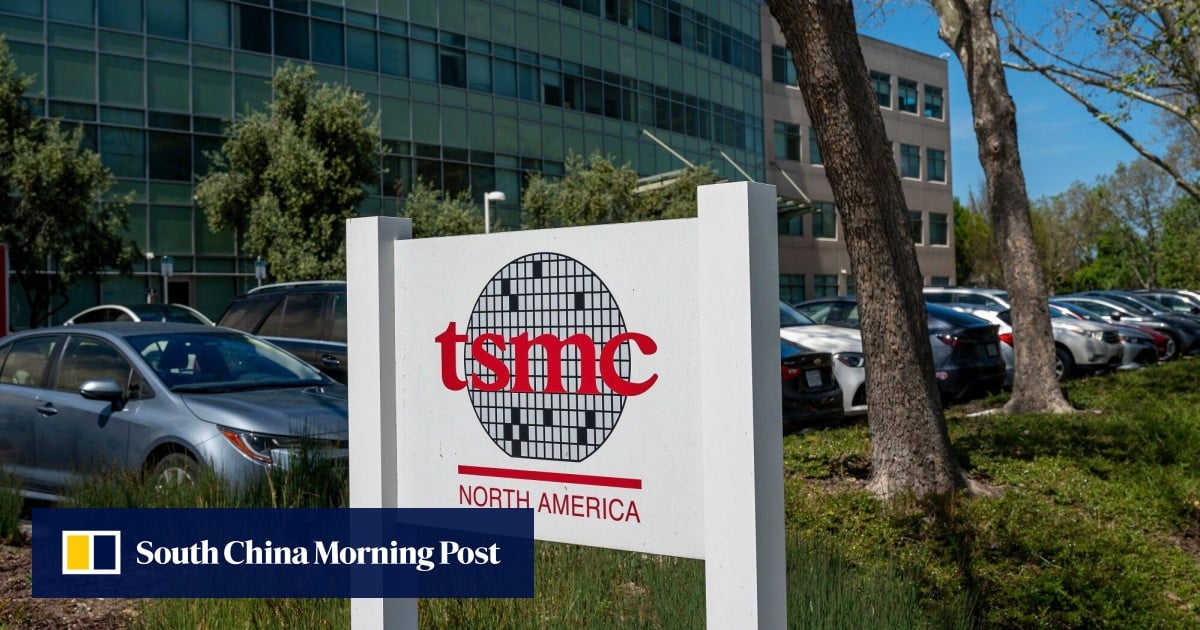China’s top antigraft agency has disclosed details of corruption cases involving five former banking regulators in the Inner Mongolia autonomous region, who took more than 700 million yuan ($109 million) in bribes, mostly connected with scandal-hit Baoshang Bank, a failed local lender taken over by the state in 2019.
The officials, including Xue Jining, former head of the Inner Mongolia branch of the now-defunct China Banking Regulatory Commission (CBRC), abused their power to seek benefit for those who paid them bribes related to establishing institutions, approving new businesses and loans, project construction and personnel appointments, the Central Commission for Discipline Inspection (CCDI) said in a report released on Tuesday.
In the report, one unnamed official from a special CCDI task force set up to investigate the issue said: “The problem of regulatory corruption exposed by the cases [linked to Baoshang Bank] is shocking.”
The report is part of an education campaign the agency is running for officials at the China Banking and Insurance Regulatory Commission (CBIRC), which superseded CBRC in 2018.
“Under the bad influence of ‘a key minority,’ Inner Mongolia’s banking regulatory system fell across the board,” the report said. “Big or small, these officials ate everything,” taking bribes not only from Baoshang Bank but also from other banking and financial institutions, business owners, relatives, friends and subordinates. They also roped in their families, with spouses, siblings and parents all getting involved, the report said.
Corruption was endemic among the regulators and was an important factor in the collapse of Baoshang Bank. About 80% of the 700 million yuan of bribes uncovered by the CCDI task force was related to the lender, the report said. Xue, who is currently standing trial for corruption, accepted more than 400 million yuan, the report said.
“The officials and the institutions they were supervising were a family of cats and mice,” the CCDI report said. “Regulators served as the foot soldiers of illegal conglomerates and they were deeply bound together by shared interests.”
The cases came to light in the wake of investigations into the collapse of Baoshang Bank, which was seized from private conglomerate Tomorrow Holding in May 2019. The bank’s high leverage, poor lending practices and corrupt activities had built up risks that regulators feared could threaten the stability of the banking system. Subsequent investigations found a 220 billion yuan hole in the bank’s books due largely to massive misappropriation by Tomorrow Holding, whose billionaire founder Xiao Jianhua was placed under investigation by anti-corruption authorities in early 2017.
Baoshang bribed regulators to help expand and avoid regulatory scrutiny, the CCDI report revealed.
It gave 100,000 yuan to Liu Jinming in late 2009 as a welcome gift when he was appointed as the Communist Party secretary and director of the CBRC branch in Baotou, where the lender is based. After Liu took office, Li Zhenxi, then chairman of Baoshang, told Liu, “Leader, we follow you, and you support us to rush forward. When we get old, we can have fun together.”
Liu confessed that he had planned to rent an apartment when he moved to Baotou, but the bank bought one for him. When Liu said his family lived in Beijing and that he planned to live in the capital after he retired, Baoshang offered to buy him an apartment in the city and asked Liu to choose an expensive one.
“Baoshang Bank took the initiative to help me with everything, which made me feel like we were a family,” the report quoted Liu as saying. “I completely forgot the relationship between us should be that of a regulator and an institution being supervised.”
Xue said that when he took over as head of CBRC’s Inner Mongolia branch, Baoshang’s then chairman, Li, made great efforts to build a close relationship with him and “humbly” consulted with him about economics. He also sent gifts to Xue’s wife. And when Xue returned to his Beijing home for the New Year holiday, he always brought presents given by Li.
The regulators failed to fulfill their responsibilities to supervise Baoshang Bank, a CCDI official said. The banking regulator’s Inner Mongolia branch and Baotou branch did not fully conduct due diligence when approving the lender’s new businesses, which covered up problems that should have come to light if the procedures had been correctly followed, the official said.
From 2009 to 2016, officials from the CBRC’s Inner Mongolia and Baotou branches conducted more than 50 on-site inspections of Baoshang Bank, but deliberately avoided inspecting parts of the business that posed potential risks and never imposed administrative penalties for problems they uncovered. Xue and Jia Qizhen, a former official at the Inner Mongolia branch, even instructed officials to delete records of major violations found during on-site inspections.
The banking regulator has its own internal rating system for the country’s lenders and the CCDI task force found that local regulators managed to lift Baoshang Bank’s rating to a level that was “seriously inconsistent” with its actual risks. They also ignored reports from the public alleging that Baoshang Bank was controlled by an illegal financial conglomerate and had transferred massive funds to it.
Xue was Communist Party secretary and head of CBRC’s Inner Mongolia branch from 2007 to 2014 before retiring in 2015. He was expelled from the party in January 2021 after he was put under investigation in June 2020. Liu and Jia were probed by graft busters in 2019 and were later expelled from the party and removed from public office.
Baoshang Bank was the first Chinese lender to be taken over by the state in two decades. As part of a restructuring to clean up the bank, its good assets were transferred to Mengshang Bank — a new entity set up to deal with the fallout from the lender’s collapse — and Hong Kong-listed Huishang Bank. Other assets were kept by Baoshang Bank. In November 2020, CBIRC gave its formal approval for the lender to start bankruptcy proceedings which were finalized in February.
—
Read also the original story.
Caixinglobal.com is the English-language online news portal of Chinese financial and business news media group Caixin. Nikkei recently agreed with the company to exchange articles in English.






